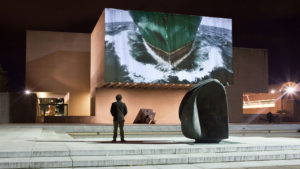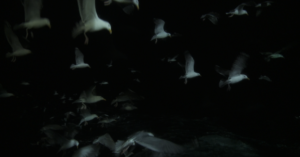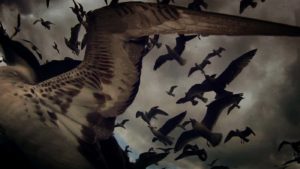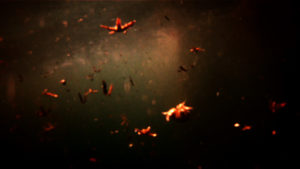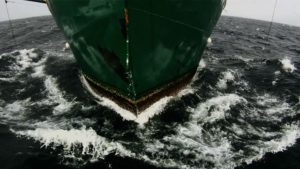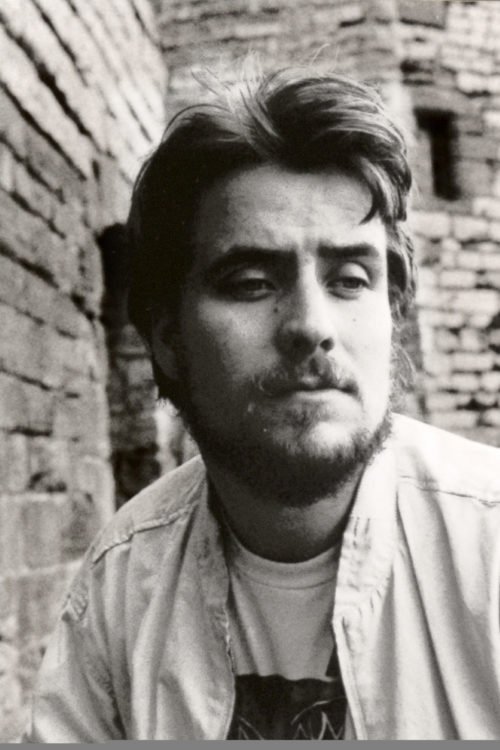
Lucien Castaing-Taylor
Cambridge, MA
Lucien Castaing-Taylor’s work seeks to conjugate art’s negative capability with an ethnographic attachment to the flux of life. His work is in the permanent collection of New York’s Museum of Modern Art and the British Museum, and has been exhibited at London’s Institute of Contemporary Arts, the Centre Pompidou, the Berlin Kunsthalle, Marian Goodman Gallery and elsewhere, and has formed the subject of symposia at the Smithsonian Institution, the Musée du quai Branly and the British Museum. His films and videos have screened at the Berlin, Locarno, New York and Toronto film festivals, as well as at the Viennale, Punto de Vista and the Flaherty seminar. Recent films include Sweetgrass (with Ilisa Barbash, 2009), a non-sentimental elegy to the American West, and Leviathan (with Véréna Paravel, 2012), a film about fishing and the sea. Leviathan is the winner of the 2012 FIPRESCI (International Film Critics) Award and a FICC/IFFS (International Federation of Film Societies) Don Quixote Award Special Mention. He and Paravel are currently at work on a series of pelagic paintings and photographs set in the middle of the Atlantic Ocean. Castaing-Taylor is Director of Harvard’s Sensory Ethnography Lab and Film Study Center.
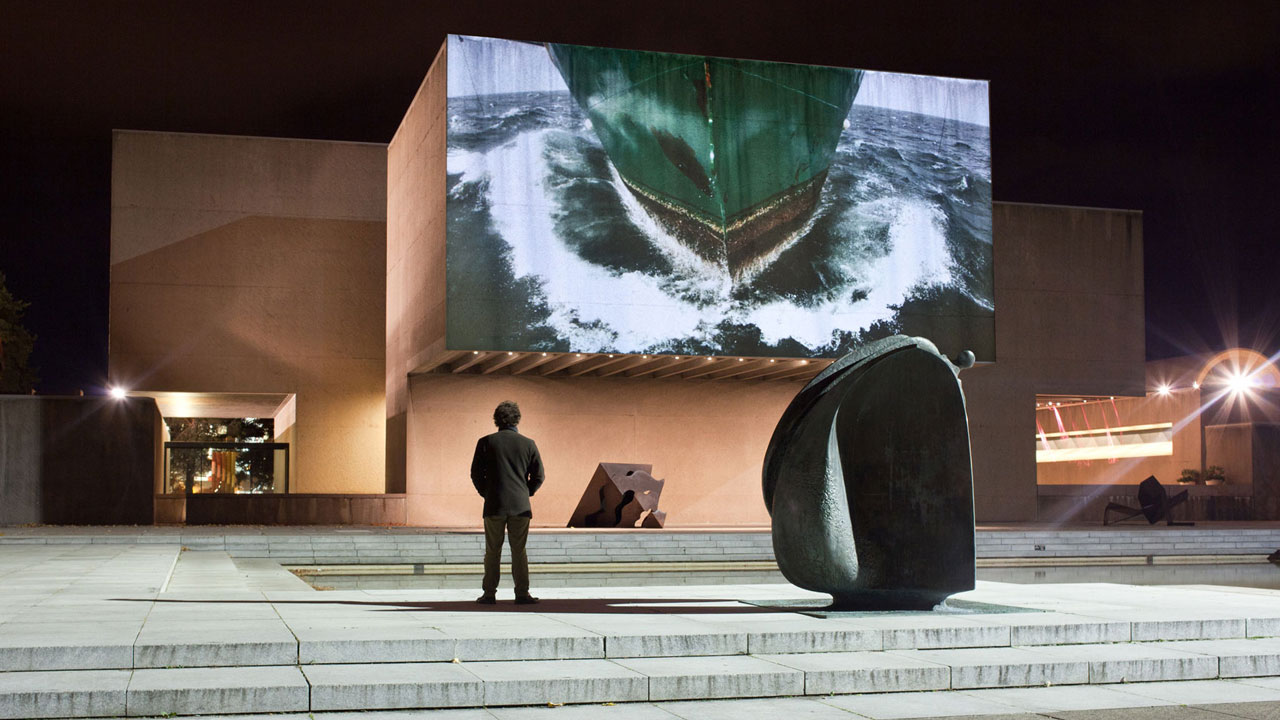




Leviathan
Filmed off the coast of New Bedford, Massachusetts (at one time the whaling capital of the world as well as Herman Melville’s inspiration for Moby Dick), it is today the country’s largest fishing port with over 500 ships sailing from its harbor every month. The documentary, Leviathan, follows one such vessel, a hulking groundfish trawler, into the surrounding murky black waters on a weeks-long fishing expedition. But instead of romanticizing the labor or partaking in the longstanding tradition of turning fisherfolk into images, filmmakers Lucien Castaing-Taylor and Véréna Paravel present a vivid, almost-kaleidoscopic representation of the work, the sea, the machinery and the players, both human and marine. Employing an arsenal of cameras that passed freely from film crew to ship crew; that swoop from below sea level to astonishing bird’s-eye views in the sky, the film that emerges is unlike anything that has been seen before. Entirely dialogue-free, but mesmerizing and gripping throughout, it breaks new ground in both cinema and anthropology, while presenting a cosmic portrait of one of mankind’s oldest endeavors.
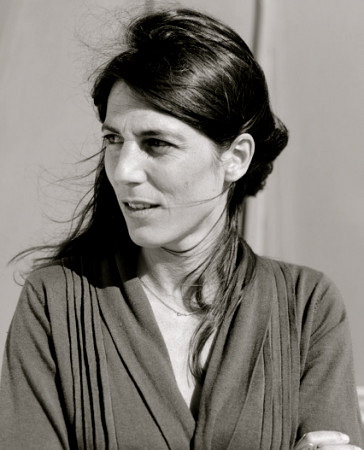
Véréna Paravel
Paris
Véréna Paravel is a filmmaker and anthropologist working at the Sensory Ethnography Lab and Film Study Center at Harvard University. Her work is in the permanent collection of the Museum of Modern Art, New York. Her films include Foreign Parts (with J.P. Sniadecki, 2010), Interface Series (2009-10), 7 Queens (2008) and Leviathan (2012). Foreign Parts won seven international awards, including Best First Feature Award and Special Jury Award at the Locarno Film Festival (2010) and the Grand Prize at Punto de Vista (2011). A New York Times Critics’ Pick, it was also an official selection of the New York Film Festival (2010) and the Viennale (2010). She is currently at work on a new film, Pavor Nocturnus, and various installation projects.
